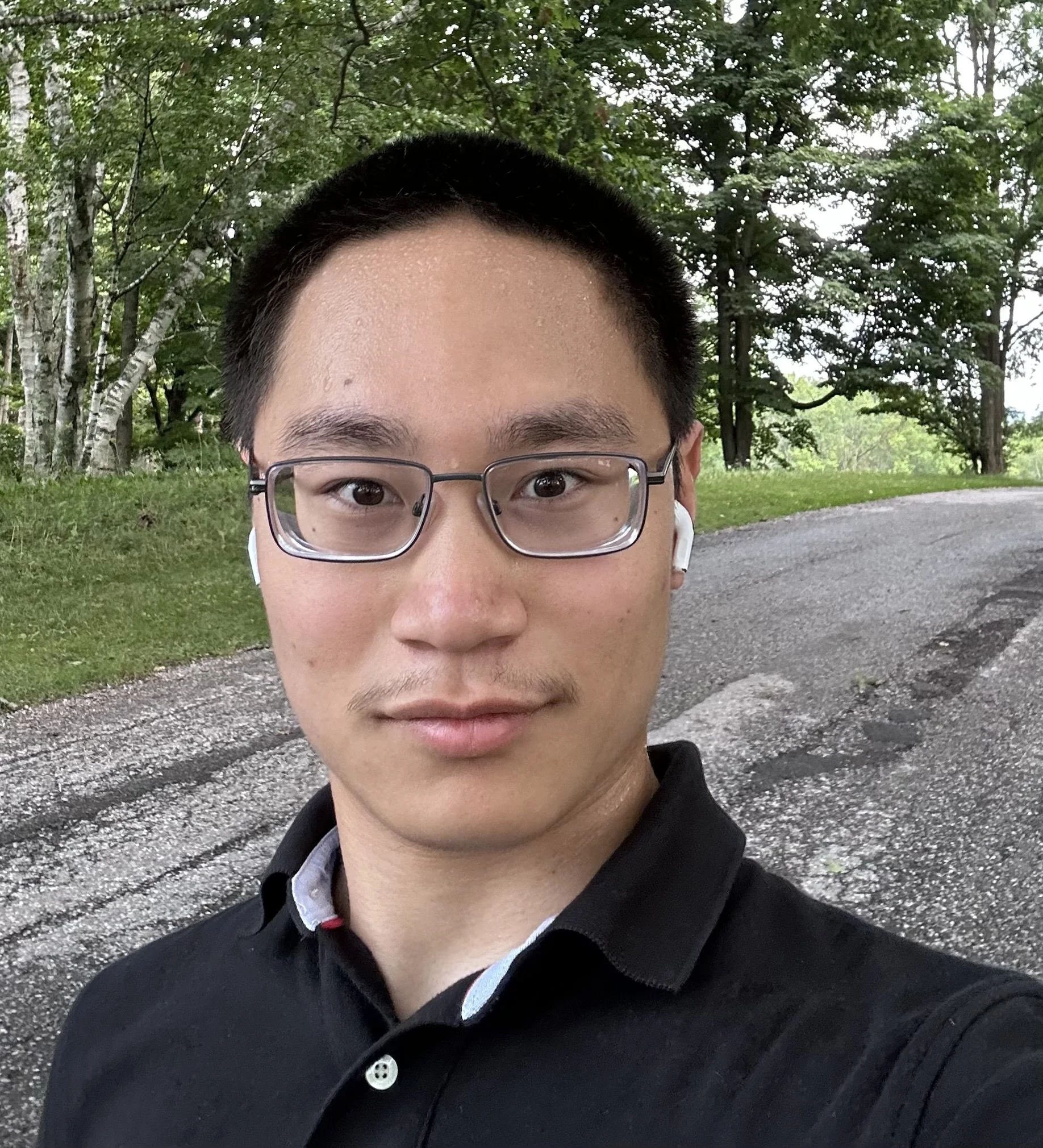William Chen, Grace Hopper ‘27
INVESTIGATING DROSOPHILA BEHAVIOR AND OLFACTION TO ADDRESS GLOBAL HEALTH CHALLENGES
Written by TARIC MILES
Edited by ARIANA MARTINEZ
William Chen’s passion for science emerged early in his undergraduate years at Yale–quickly he found his place. As a sophomore majoring in Molecular, Cellular, and Developmental Biology (MCDB), William’s research is highly focused on biology, specifically on the impact of ethyl acetate on the behavior and survival of Drosophila melanogaster under starvation conditions in the Carlson Lab. William’s experiments explore how chemical exposures influence olfaction and survival rates in fruit flies, aiming to better understand insect behavior and inform solutions to global health issues related to disease vectors like mosquitoes and tsetse flies.
As an undergraduate at Yale, William was determined to apply his scientific curiosity to real-world problems, particularly in the realm of human health. This intrest led him to explore Drosophila as a model organism for understanding olfactory responses and survival mechanisms, focusing on genes like ANRUS. ANRUS is an gene of intrest in under starvation conditions. Currently, William’s summer research displayed ethyl acetate exposure do influence fly survival and gene expression. He is currently refining these findings in lab.
Beyond his research, William is deeply committed to community service and mentoring. He is an active member of the Universities Allied for Essential Medicines (UAEM) at Yale, advocating for more equitable access to life-saving medicines. Additionally, William serves as a mentor for Simulation Academy at Yale – Youth Entering Science (SAY-YES), supporting high school students from underserved backgrounds in their pursuit of careers in STEM. He is also involved in the Hypertension Awareness & Prevention Program at Yale (HAPPY) program, which provides health screenings for the local New Haven community, combining his passion for scientific advancement and dedication to social impact.
William credits his growth as a scientist to the mentorship he receives from his principal investigator, Dr. John Carlson, as well as his mentor, Dr. Gaëlle Talross. Under Dr. Carlson’s guidance, William has developed a deep appreciation for the intricacies of olfaction research and the power of model organisms like Drosophila in addressing complex biological questions. Dr. Talross has also been instrumental in helping him refine his scientific thinking, encouraging him to explore broader implications for his work and its potential impact on global health. William also credits his lab for providing a collaborative and supportive environment, which fosters both his personal and professional growth. As he continues to evolve in the lab, William is motivated by the shared passion for discovery that surrounds him, driving him toward his goal of contributing to the intersection of science and real-world solutions.

